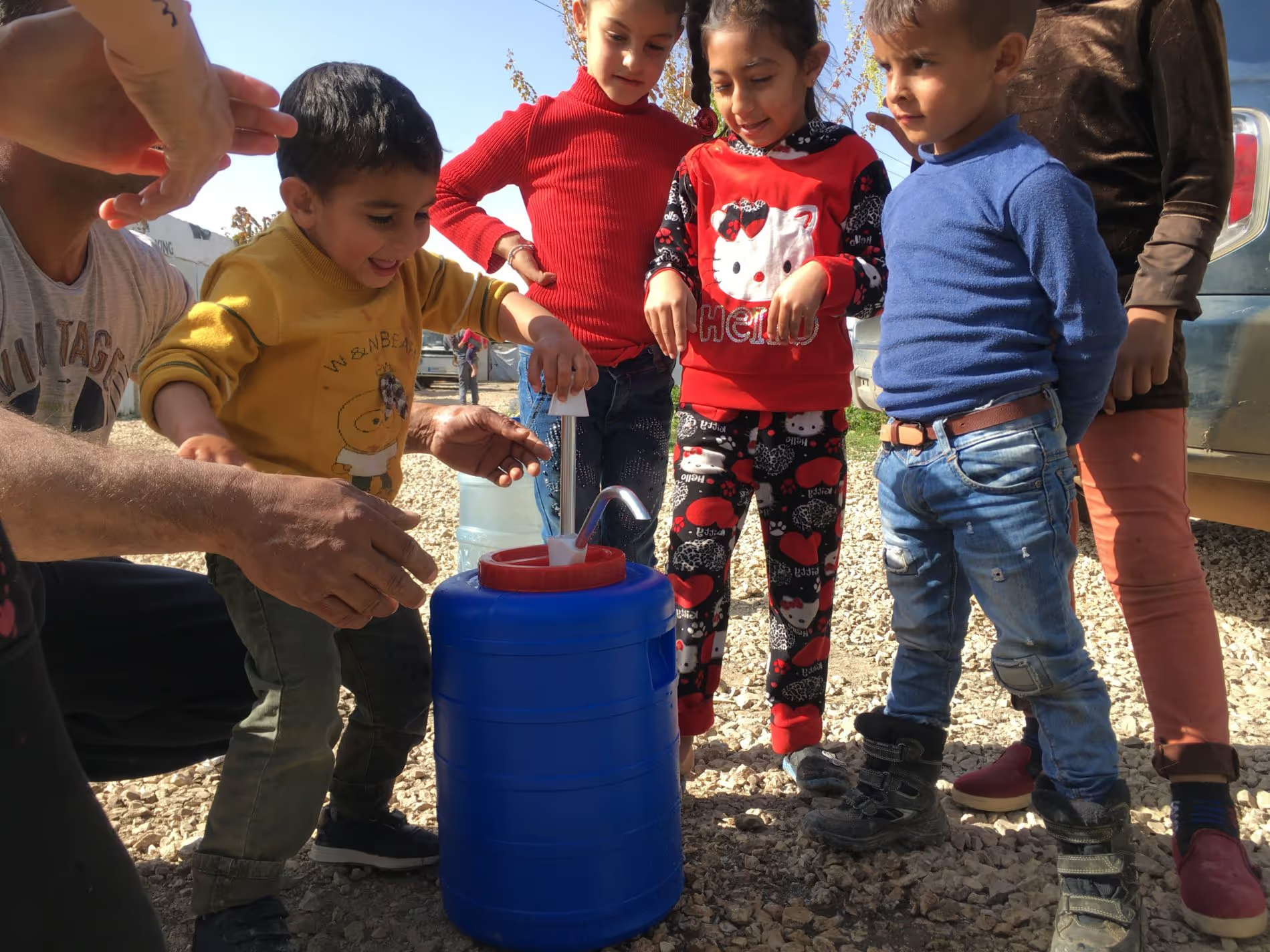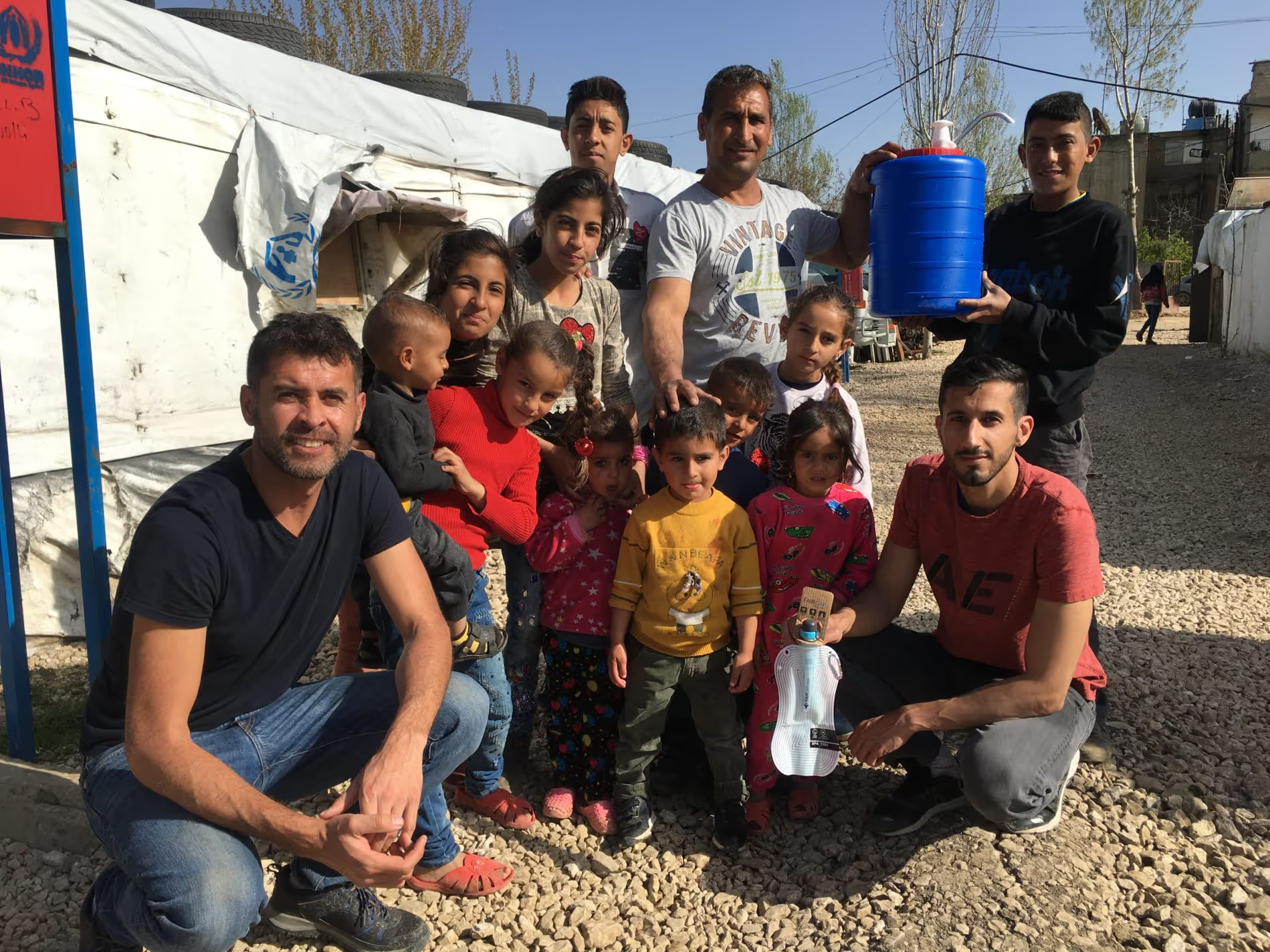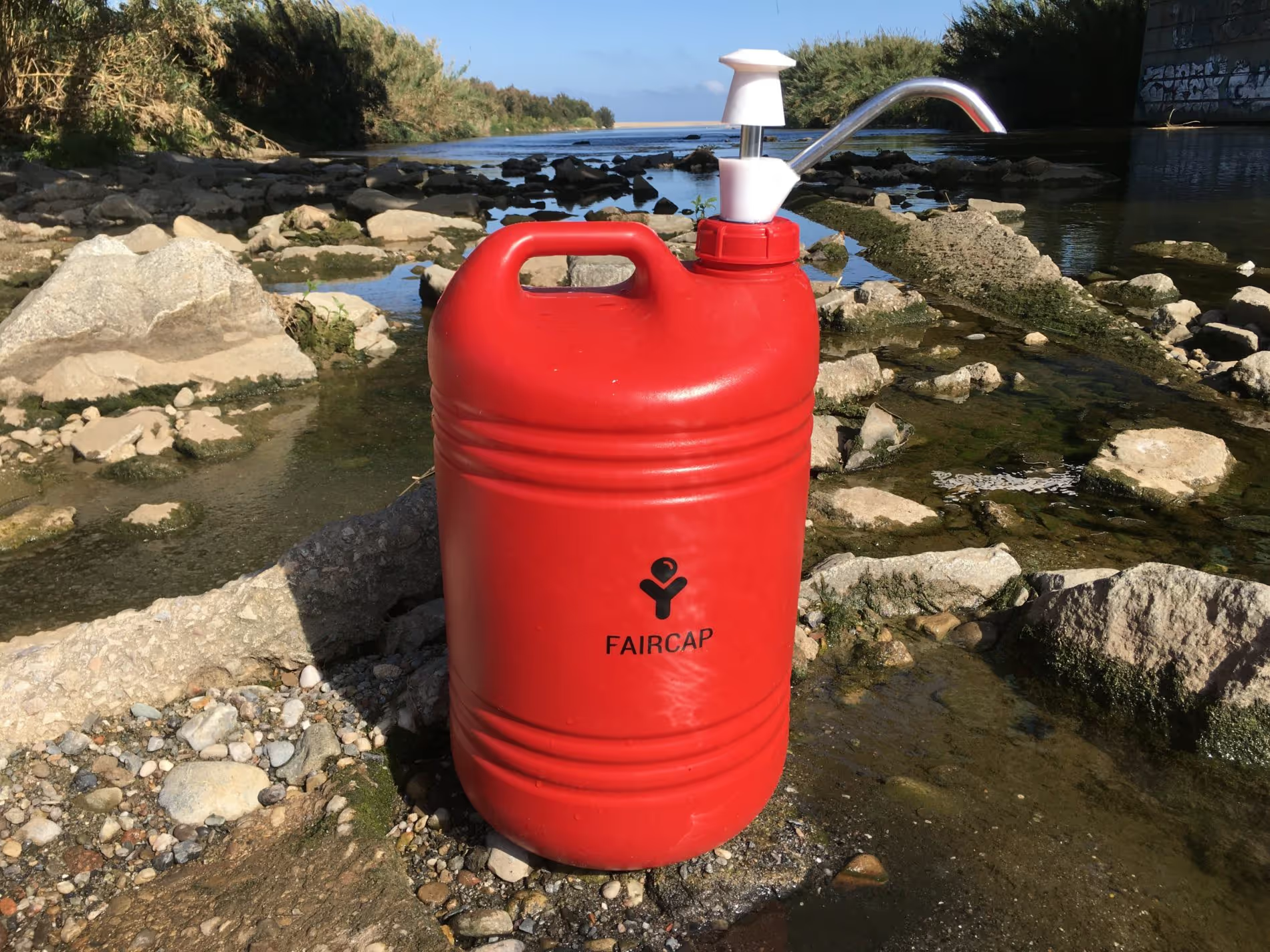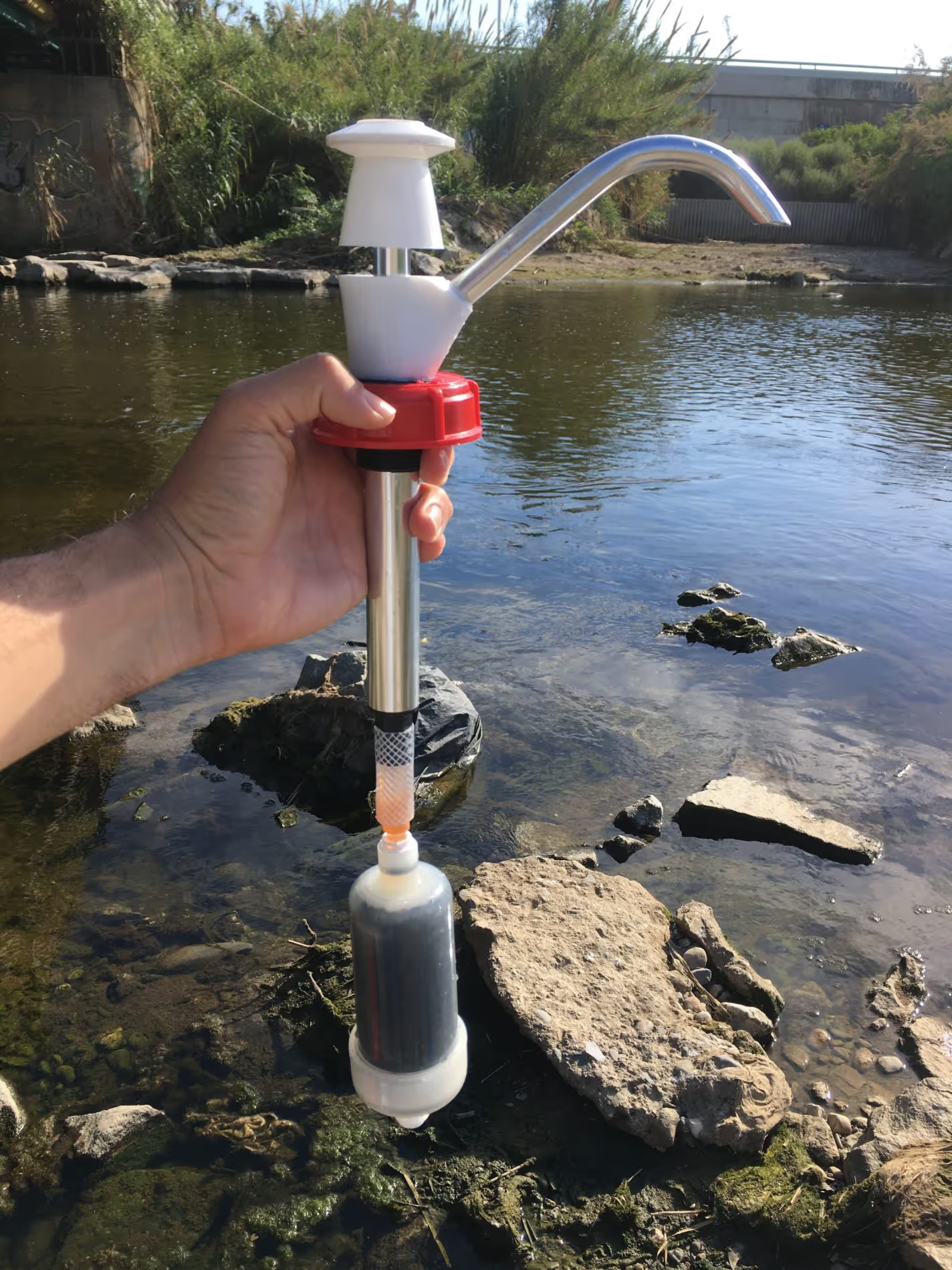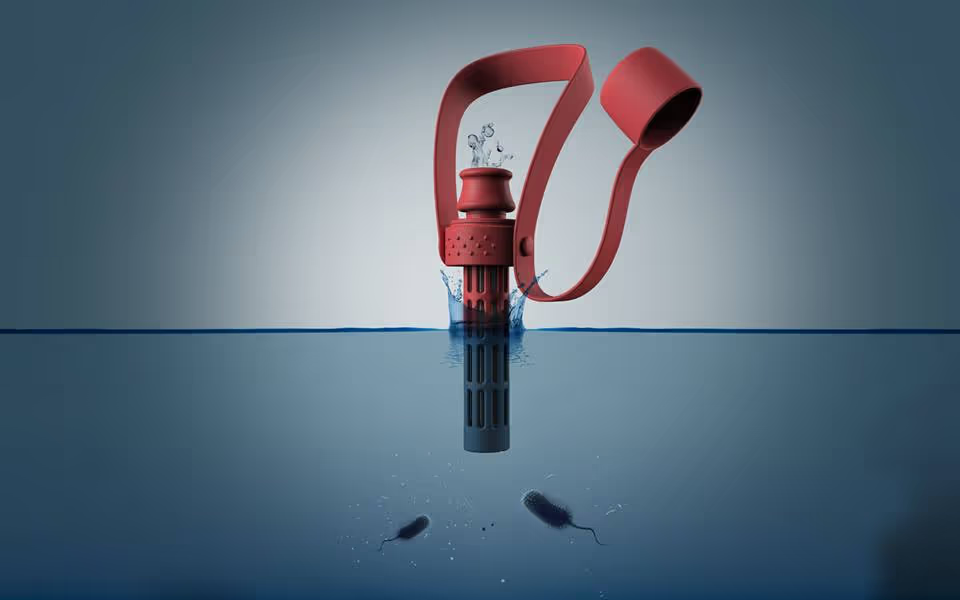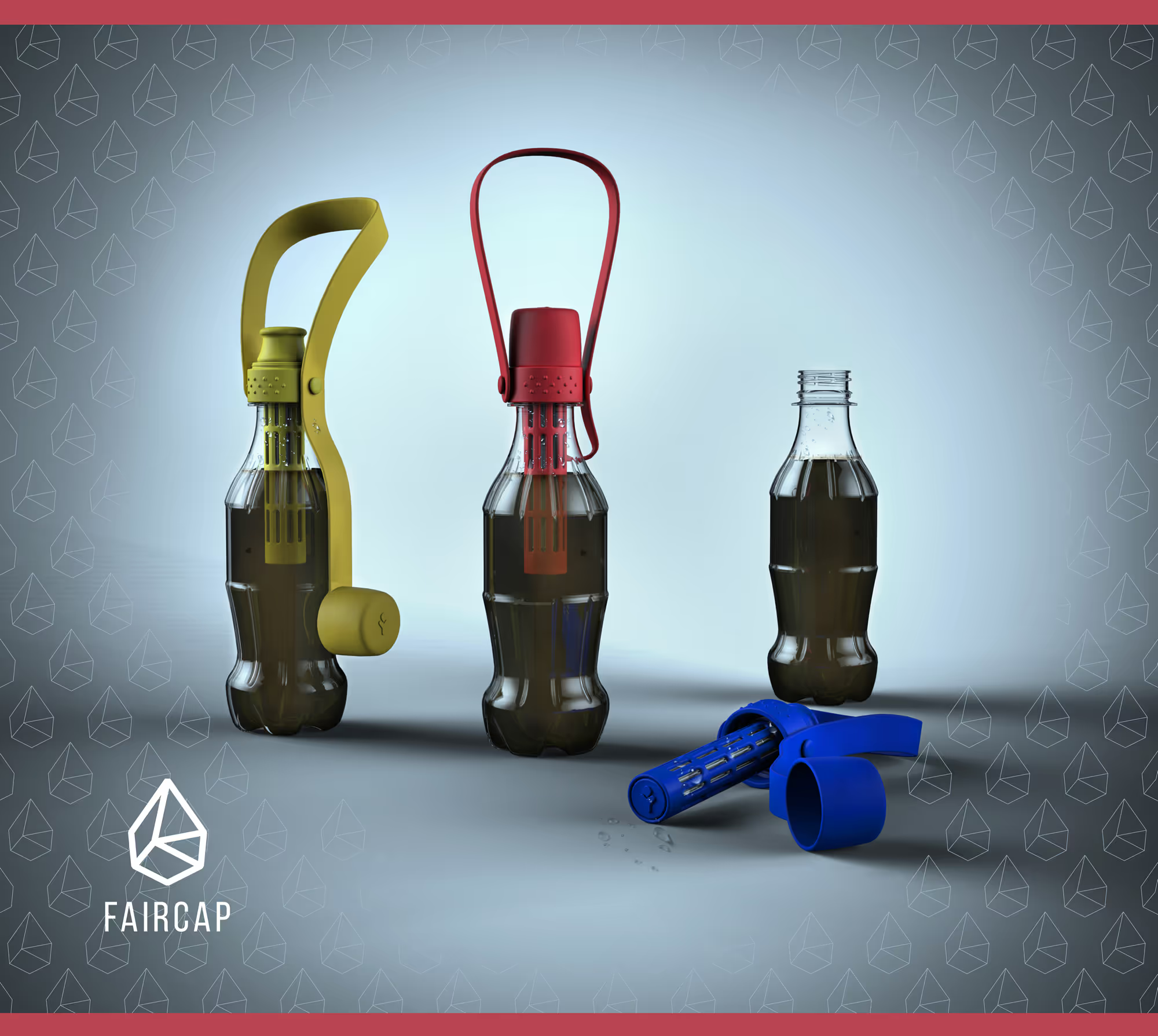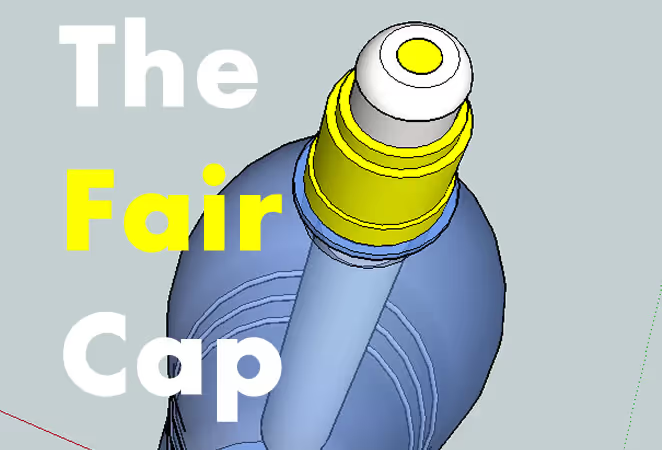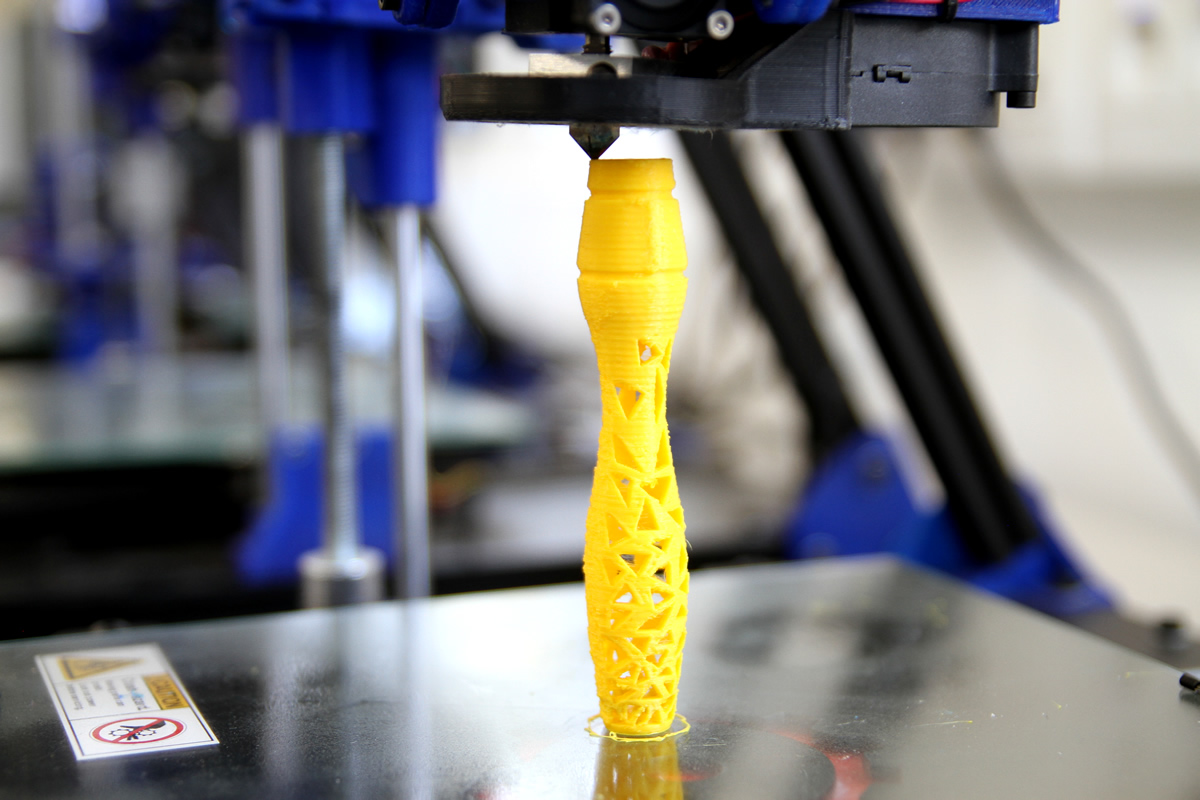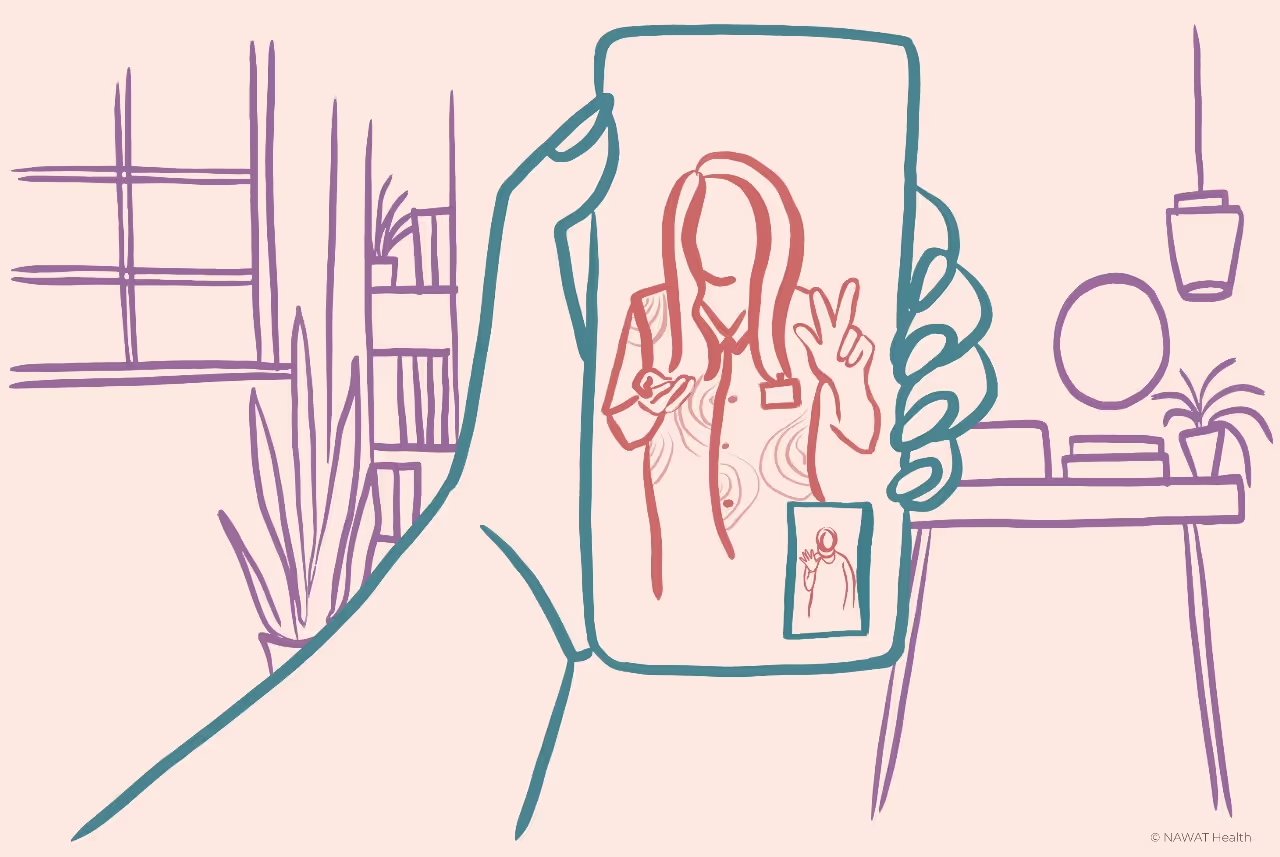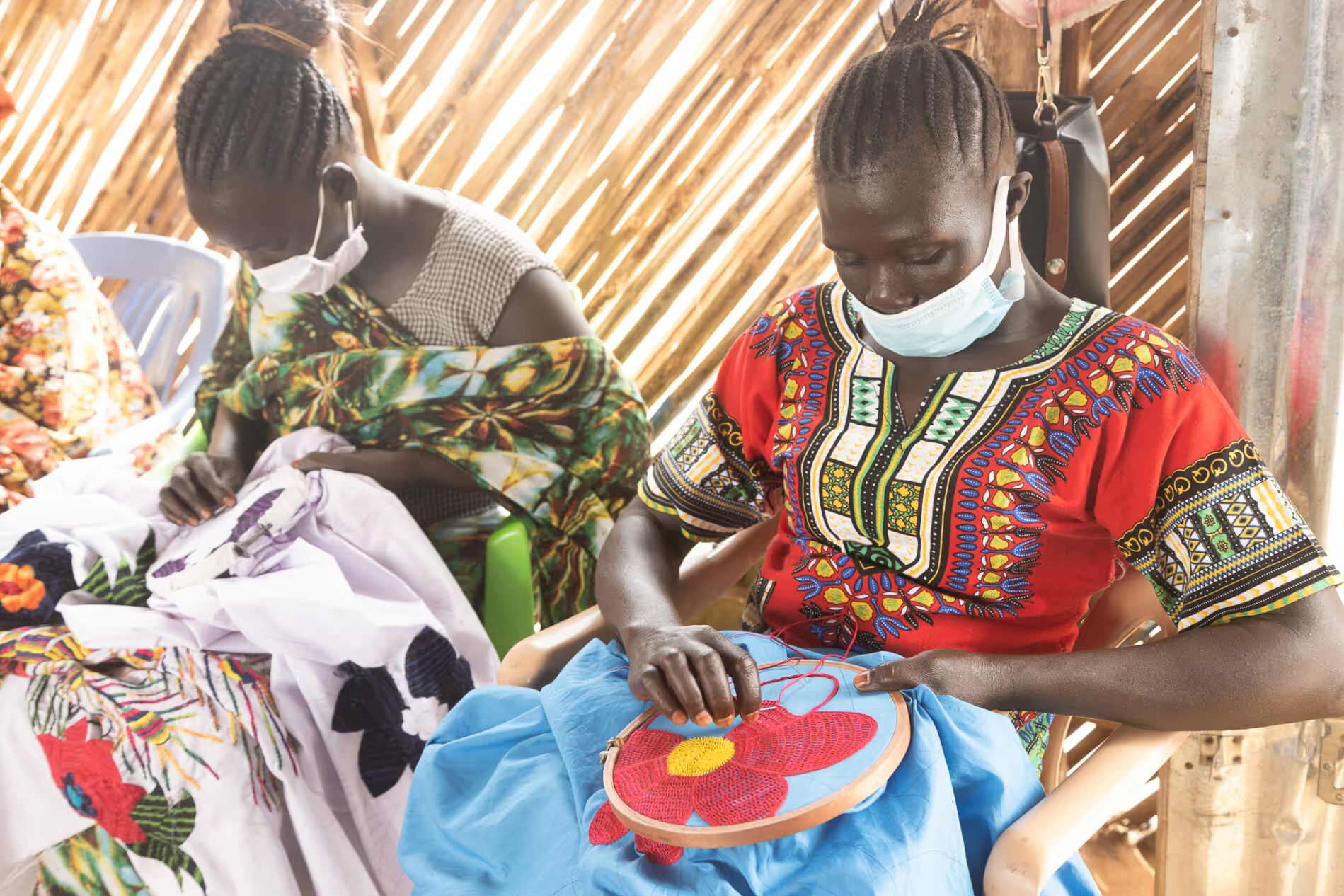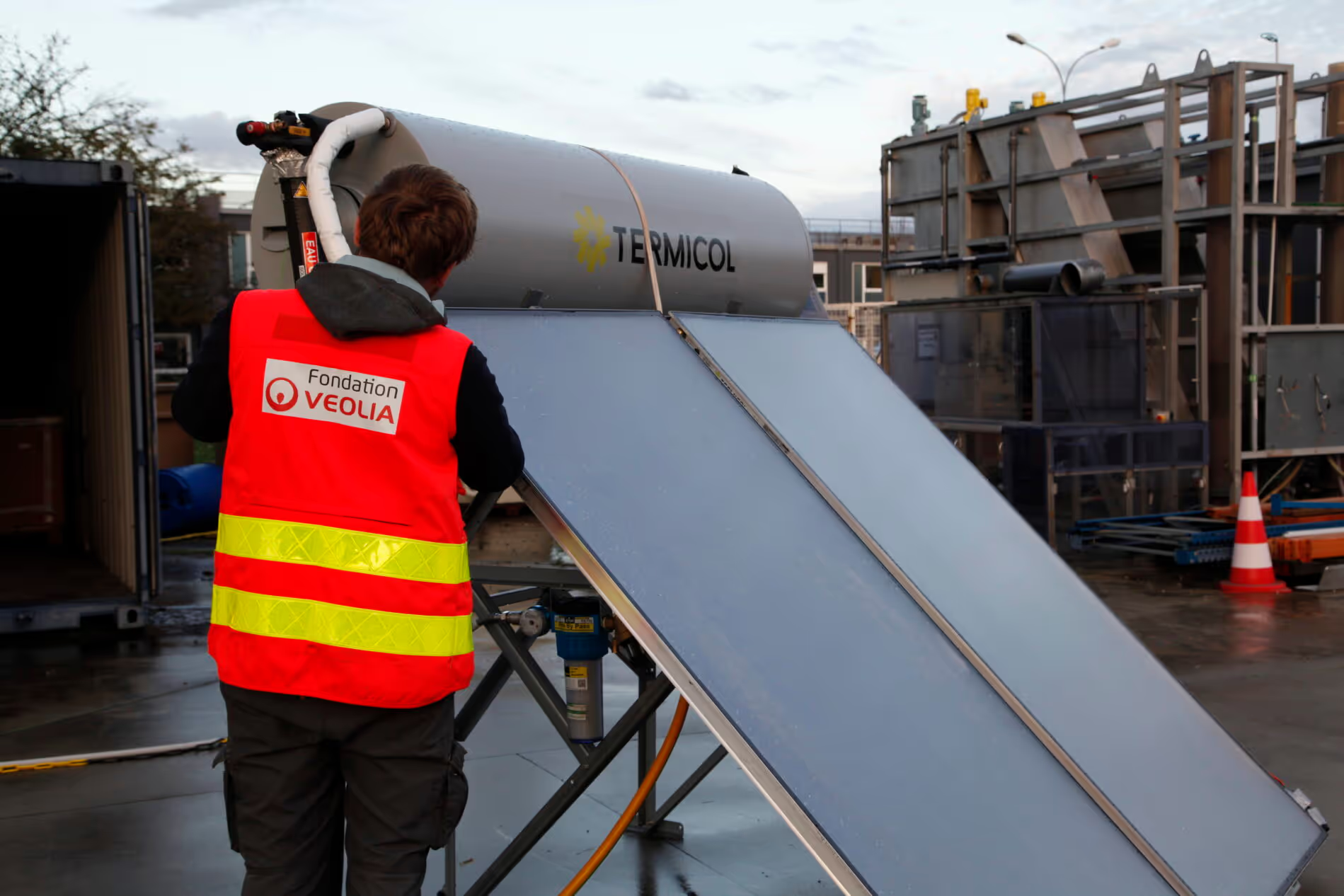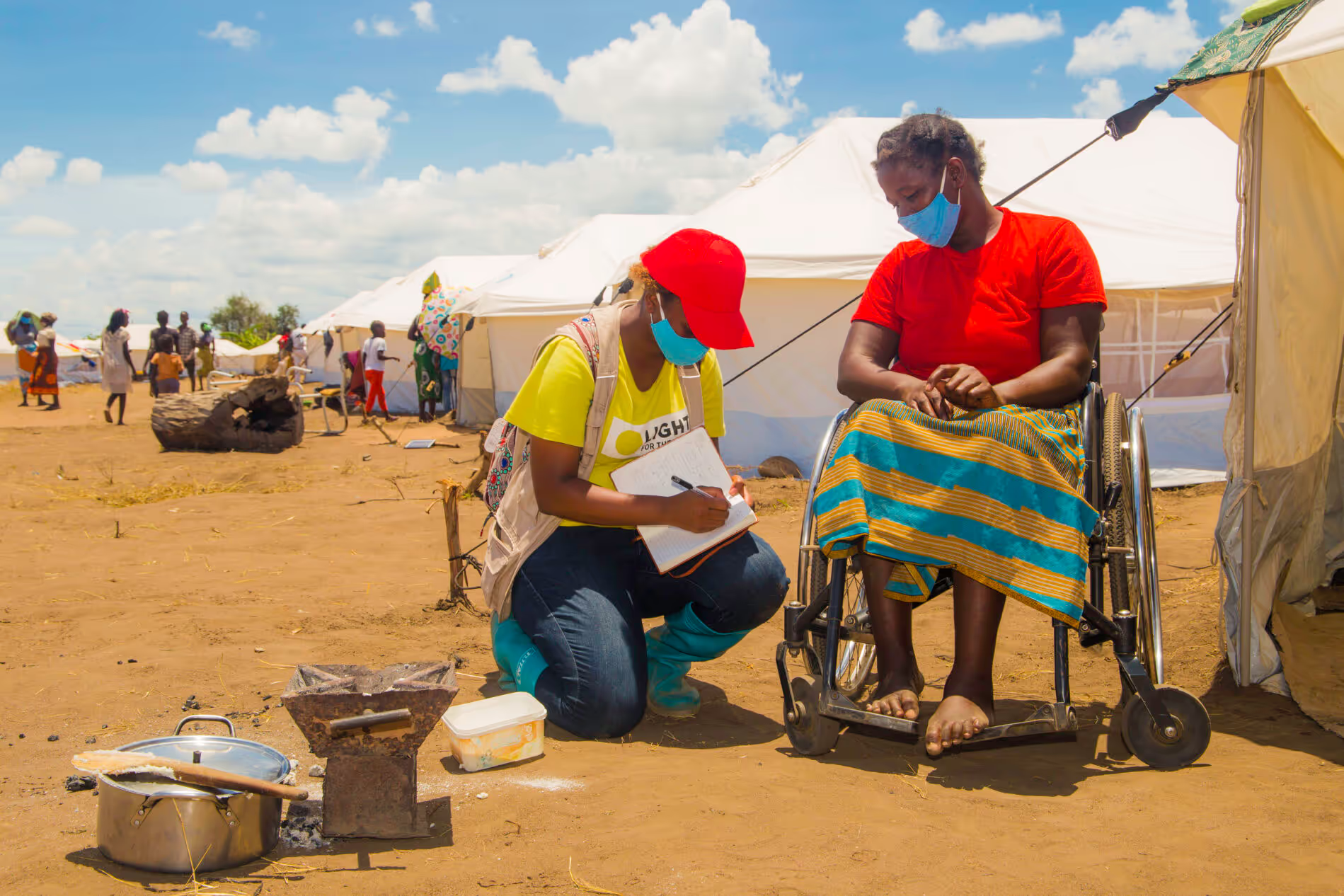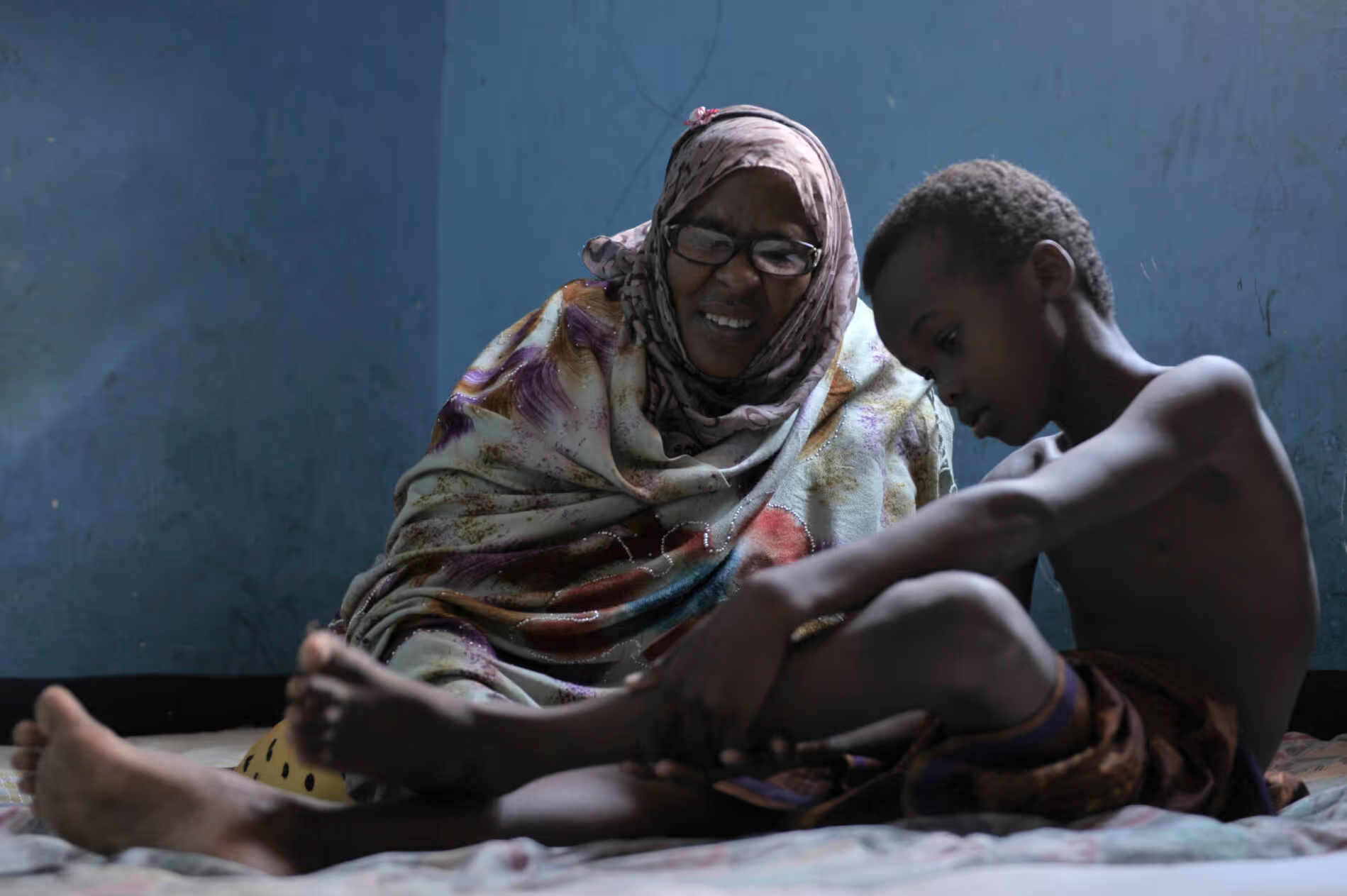Faircap Open Water Filter
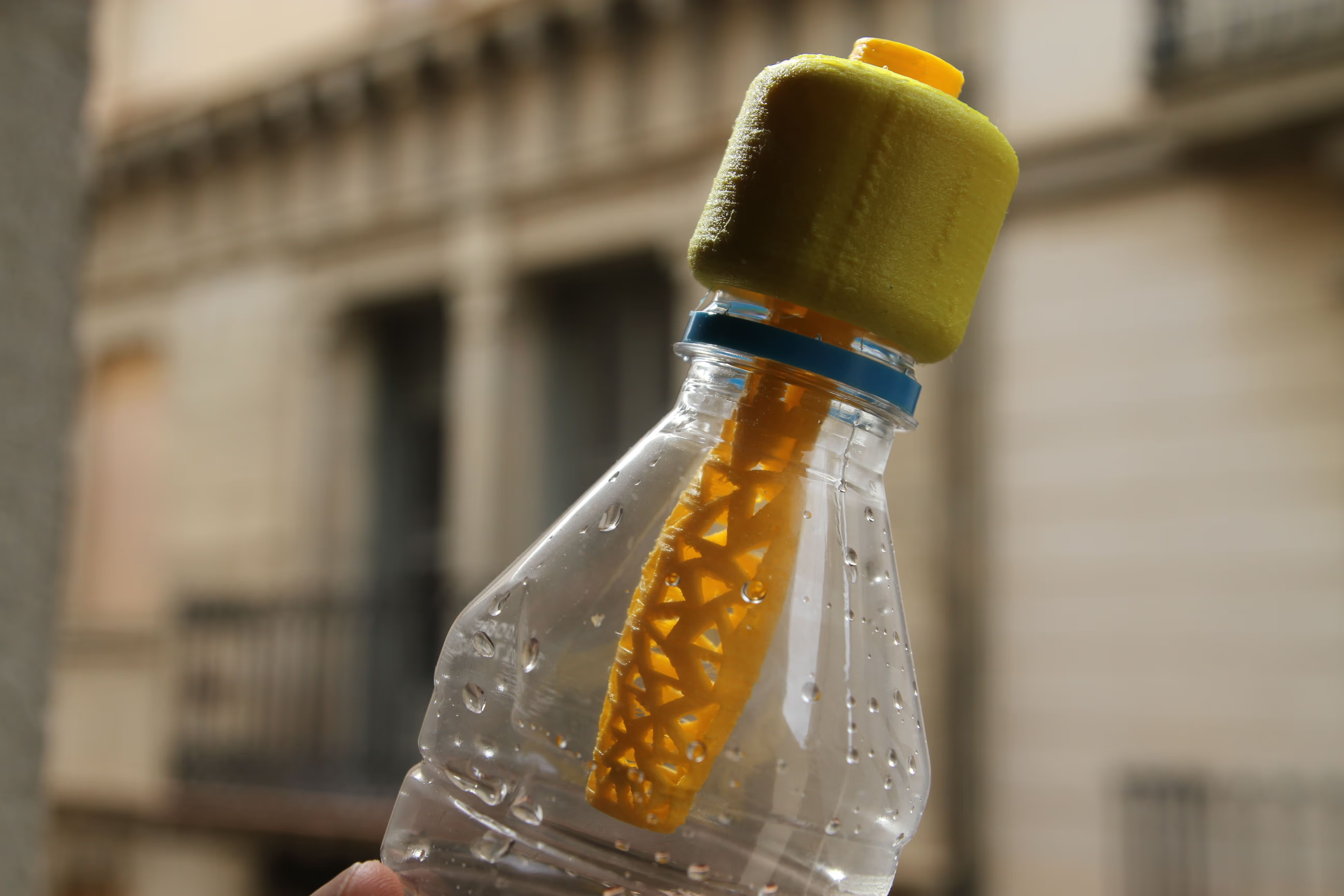
Project overview
A low cost, small, portable antibacterial water filter that can be screwed into standard plastic bottles and can provide clean drinking water by filtering out sediment and bacteria to reduce gastrointestinal disease during emergency relief situations, refugee camps and poor urban and rural areas.
Countries
Spain
Organisations
Faircap
Partners
Oxfam
Area of funding
Humanitarian Innovation
Grant amount
86241
Start date
11
January
2016
End date
11
June
2017
Project length (in months)
17.2
Funding calls
No items found.
Focus areas
No items found.
Topics
No items found.
Status
Closed
Project solution
This project offers [specific solution or intervention] to tackle [challenge]. By implementing [strategies, tools, or innovations], the project aims to achieve [desired outcomes]. The approach is designed to [specific actions or methods] to bring about meaningful change in [community, region, or issue area].
Expected outcomes
This project aims to achieve [specific outcomes], such as [measurable results, improvements, or changes]. The expected impact includes [benefits to the target community, advancements in research or innovation, or long-term effects]. By the end of the project, we anticipate [specific changes or milestones] that will contribute to [broader goals or objectives].
No items found.
WHAT IS THE HUMANITARIAN NEED?
Faircap has allowed NGOs and relief organizations to provide a small, portable, effective and low cost solution for purifying contaminated water as material relief assistance to people who need it most, during natural disaster situations (earthquakes, floods, etc.), during refugee migrations (to provide a portable water purifying solution for improved living conditions during long distance travelling and at refugee camps), and for people living in urban and rural areas in developing countries under unhealthy non-hygienic conditions.
In 2019, Faircap was awarded a second grant from the HIF’s diffusion call to support the scaling of this intervention, which was used to test the Faircap Mini water filter format for bottles through water quality improvements, as well as a user feedback study in places where mobility is needed. With the second grant we also tested a new filter format for family settings that incorporated a larger capacity filter and a hand pump that was easy to use and could be screwed into a Jerry can or water container to provide a higher flow rate and remove viruses.
;
WHAT IS THE INNOVATIVE SOLUTION?
With the first phase of funding from Elrha’s Humanitarian Innovation Fund (HIF), Faircap developed the main innovation which was the design of the filter, a small, easy to use water filter that could be used universally as it could be screwed into standard plastic bottles, that allowed the user to transport water and purify it instantaneously without waiting and without chemicals or electricity. The design is open (non-patented) and collaborative, new versions can be improved by inviting designers, scientists and engineers to propose new solutions.
With the second phase of funding from Elrha's Humanitarian Innovation Fund (HIF), the Faircap family filter solution followed similar principles to the bottle version; being easy to use, providing a much higher flow rate than other alternatives like gravity ceramic filters as it incorporates a hand pump, filters viruses which ceramic filters can’t, can be adapted to existing containers like Jerry cans and is small in size for easy shipment.
The aim was to gather evidence from at least two different labs, as well as in 2 to 4 locations in the field. The water quality improvements and the feedback from users was documented in a published report shared with NGOs and other researchers. The hope was that this would convince other humanitarian organizations to distribute the Faircap filters in their relief operations.
WHAT WERE THE EXPECTED OUTCOMES?
In the first phase of funding different versions of the Faircap filter were prototyped including a mini version for personal use and a filter for more people that had different adapters for different usage scenarios. The following was also tested;
- Pathogen reduction using water sources in the field certifying the purifying effectiveness already tested at the lab
- User uptake, specifically tracking whether there was an increase in water consumption; which could lead to fewer cases of disease, improved hydration and better health
- Design needs, i.e. whether the current design fitted the needs of relief organisations so that the filter could be deployed anywhere in the world.
The results were documented and shared. A final product that could be produced in large quantities and at a low cost was made, so that any organization could make use of the Faircap filters.
With the second phase of funding, Faircap wanted to learn about the limitations of the innovation in the field, as well as the opportunities and potential impact they could provide during emergencies and sustained humanitarian situations.
Firstly, they wanted to gather evidence that Faircap filters were as effective in the field as they were in the lab. Secondly, they wanted to test that users were willing to adopt them in their daily lives and finally that they could be trusted and used for several months, to create a positive impact on health, preventing waterborne diseases.
Read the Humanitarian WASH Innovation Catalogue
Learn more about this WASH project, and many others, in our Humanitarian WASH Innovation Catalogue.
[.cta_link]Read now[.cta_link]
No items found.
Project delivery & updates
Stay up to date with the latest developments from this project. Here, you will find details on what has been delivered, resources created, and regular updates as the project progresses. Access key documents, reports, and other materials to see how the project is making an impact.
No resources/updates have been published yet for this project. Sign up for our newsletter to stay informed about upcoming publications and updates!
Join our Newsletter
Resources
No items found.
Latest updates
No items found.
